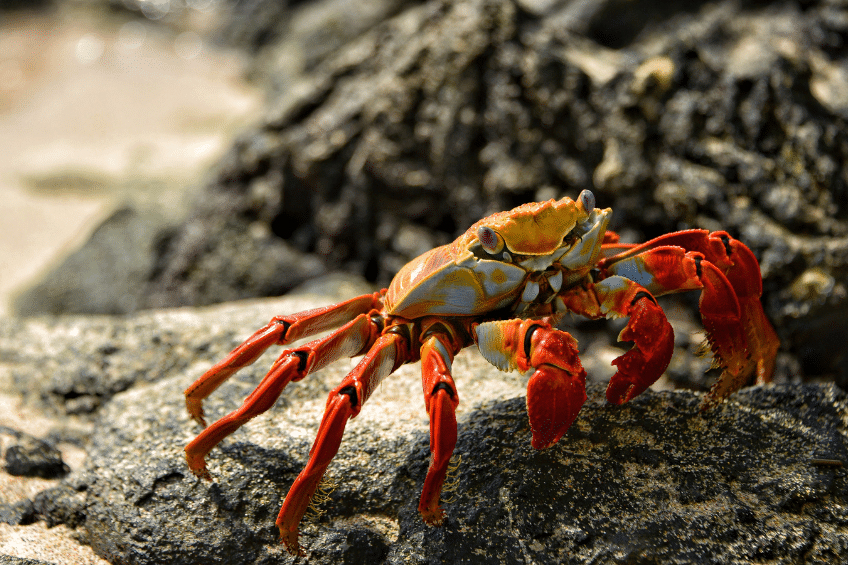By Sean Zucker –
One of the few, if only, benefits of this extended lockdown has been its positive impact on the environment. Duke University experts report that the COVID-19-related isolation and its hampering impact on all, but essential travel is helping to improve air quality and may even be reducing the global demand for energy. The researchers also suggest fossil fuel consumption is plummeting with CO2 levels in many areas dropping due in large part to decreased transportation.
But they suggest more that can be done to help the environment and it doesn’t involve much more than what most people already are doing these days—hanging out in PJ’s or sweats. Of course, they have to be the right PJ’s and sweats. Experts believe eco-friendly loungewear could do wonders for the environment and some brands are doubling down.
The fashion industry has long been identified as one of the world’s major culprits when it comes to industrial pollution. The production and distribution of the crops, fiber and garments used in fashion all heavily contribute to differing forms of environmental pollution. According to the 2019 Global Wellness Trends Report, clothes production is the world’s second worst offender of water pollution. The report goes on to claim the industry is responsible for nearly 10 percent of all carbon emissions.
Emerging eco-friendly clothing brands, in turn, seek to evade this hazardous impact through the fabrics they use and how they produce them. While it is difficult to get an exact handle on the size of eco-friendly segment of the fashion industry, observers report significant anecdotal growth and with good reason. One Green Planet explains that the production of common synthetic fabrics, such as polyester, nylon or acrylic, require vast amounts of energy to produce and are often made of harmful chemicals like plastic. The site suggests even cotton-based clothing is problematic because conventional crop growing methods use vast amounts of fertilizer and pesticides, which can be highly toxic.
Eco-friendly brands known for leggings and other loungewear such as, Girlfriend Collective and Threads4Thought are spearheading markedly less ecologically lethal production methods.
Threads4Thought, for example, claims to use materials that are completely biodegradable and compostable, some of which are derived from the bark of beech trees for their fabrics. Its production methods even go as far to ensure no trees be harmed in the process. Other material such as the company’s polyester is made from recycled plastic bottles, while Threads4Thought’s nylon is composed of recycled fishing nets. Its site also claims that there are no pesticides, herbicides or insecticides used in fabric manufacturing.
The company reports it maintains a keen focus on avoiding water waste and pollution during manufacturing, specifically with its cottons that are Global Organic Textile Standard certified and made in factories that use less than half the water per garment typically used by conventional means. In fact, it maintains that 80 percent of the water used is recycled, allowing the company to claim it saved over 500 millions gallons of water in 2019 alone.
Girlfriend Collective follows similar ethical production guidelines, reporting that it uses materials and fabrics composed of old water bottles and fishing nets that are 100 percent recycled and recyclable. Its popular leggings are certified safe by Oeko-Tex and produced from 25 recycled post-consumer water bottles per pair.
The fashion industry in general may be catching on to the environmental and marketing benefits of eco-friendly production by following the lead of these and other companies. Forbes underscored that point recently by intimating that the COVID-19 shutdown has exposed a few of the fashion industry’s fundamental weaknesses and this could lead to positive changes in the use of more ethical, less polluting consumer-based production.
Ultimately, being comfortable and stylish might’ve just became environmentally frugal.










